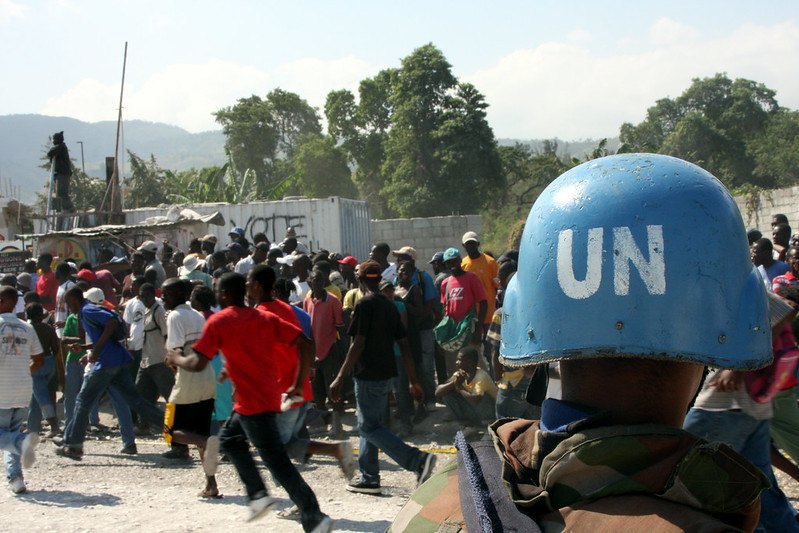The CIA's Counterterrorism Center as a Combatant Command: Today's Story in the Post and My Forthcoming Article on the Legal Aspects of Military-Intelligence Convergence
Greg Miller and Julie Tate have a remarkable story in the Washington Post this morning (and if my local paper the Austin American-Statesman is any indicator, also on the front page of a whole lot of other papers around the country). It's a detailed discussion of the CIA's post-9/11 "kinetic turn," with an emphasis on the evolution of the CIA's Counterterrorism Center ("CTC"). CTC is a veritable combatant command, on this account, a warfi
Greg Miller and Julie Tate have a remarkable story in the Washington Post this morning (and if my local paper the Austin American-Statesman is any indicator, also on the front page of a whole lot of other papers around the country). It's a detailed discussion of the CIA's post-9/11 "kinetic turn," with an emphasis on the evolution of the CIA's Counterterrorism Center ("CTC"). CTC is a veritable combatant command, on this account, a warfighting force with a similar mission to (and no small amount of integration with) the armed forces (or at least JSOC) in fighting an armed conflict with al Qaeda and its allies. This is not a new insight, but it is told here with a remarkable level of detail and color (example: asked by a CIA officer about the pace of strikes in 2010, CTC's head responds: "We are killing these sons of bitches faster than they can grow them now.").
The piece is well-timed, from my viewpoint, as I've been spending a great deal of time recently studying what I label the "convergence of military and intelligence operations" (yes, Jack and I previously wrote about the "convergence" of military and criminal detention models; the dynamic at work, in my view, is quite similar).
In a draft article (written in collaboration with Suzanne Spaulding), I contend that the convergence trend was visible to some extent (from the CIA side but also in the special forces community) as early as the 1980s; that a host of technological, political, and strategic developments after 9/11 have greatly accellerated the trend; and that the resulting institutional and operational changes raise a collection of legal questions that are often lumped together under the heading of the "Title 10/Title 50" debate. The article goes on to disaggregate and analyze those legal issues. I'll post more about that very soon, once the draft is polished a bit more. In the meantime, thoughts from readers are most welcome, so please feel free to email me if you want to weigh about the issue in general.
Robert (Bobby) Chesney is the Dean of the University of Texas School of Law, where he also holds the James A. Baker III Chair in the Rule of Law and World Affairs at UT. He is known internationally for his scholarship relating both to cybersecurity and national security. He is a co-founder of Lawfare, the nation’s leading online source for analysis of national security legal issues, and he co-hosts the popular show The National Security Law Podcast.




.jpg?sfvrsn=104df884_5)
